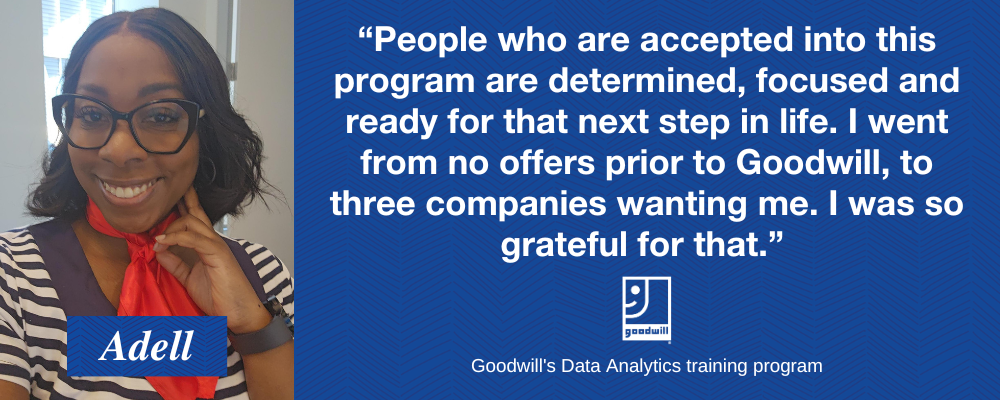 Tuesday, November 4 is Election Day. Your vote is your voice as a citizen. We encourage you to speak up during this election season to vote for the world you want to see. Despite modest gains to North Carolina’s labor market, poverty and stagnant wages are still major concerns during the current economic recovery. High rates of hardship among residents persist because of the state’s ongoing job shortage and rapid acceleration of low-wage work that fails to provide a pathway to the middle class. Recent legislative decisions that have disproportionately affected the working class include:
Tuesday, November 4 is Election Day. Your vote is your voice as a citizen. We encourage you to speak up during this election season to vote for the world you want to see. Despite modest gains to North Carolina’s labor market, poverty and stagnant wages are still major concerns during the current economic recovery. High rates of hardship among residents persist because of the state’s ongoing job shortage and rapid acceleration of low-wage work that fails to provide a pathway to the middle class. Recent legislative decisions that have disproportionately affected the working class include:
- Elimination of the Earned Income Tax Credit (EITC): This credit went to the families of nearly 1.2 million children whose working mothers and fathers earned low wages. The credit let these parents keep more of what they earned so they could pay the bills and cover the costs of child-rearing.
- Reduction in Unemployment Benefits: In 2013, state leaders reduced the maximum number of weeks a worker can receive benefits from 26 to 20. And they put the maximum number on a sliding scale that can go as low as 12 weeks. (Forty-three states provide 26 weeks of benefits, and only three other states use a sliding scale.) NC’s current maximum benefit is 14 weeks—the lowest in the country.
- Redefinition of “suitable work:” Once a worker has been receiving unemployment benefits for 10 weeks, the state now requires him or her to accept any job offer that pays at least 120% of the benefits amount. For someone receiving the average benefit, that’s about $14,222 a year—not enough to bring a family of two above the federal poverty level.
This election season, we encourage you to vote for policymakers who are finding innovative ways of stretching limited resources to confront poverty. We need stronger pathways between low-income residents and economic opportunities. To learn more about individuals running for political office, visit NC Voter Guide to view candidate profiles. Goodwill holds a bipartisan commitment to our workforce. We value ongoing engagement with our elected officials and our community to keep them informed about the value of job training programs and other community resources that help unemployed people in our region. What issues are important to you this election season?








Join the Conversation